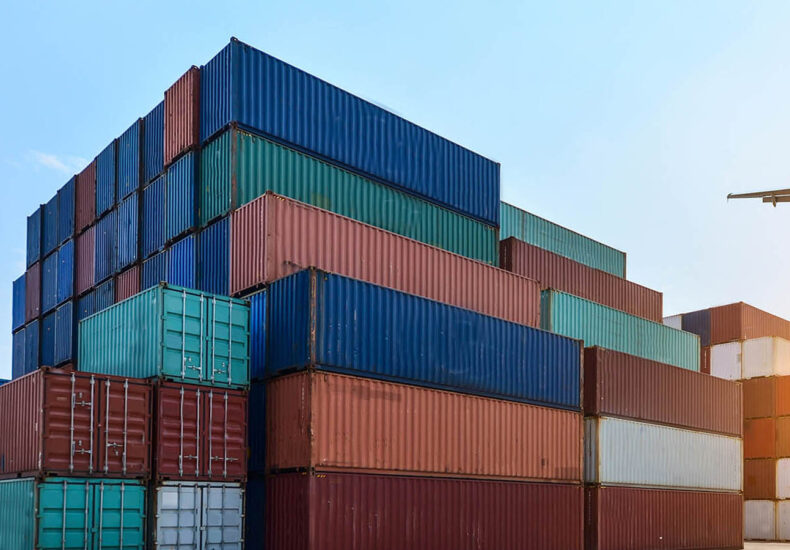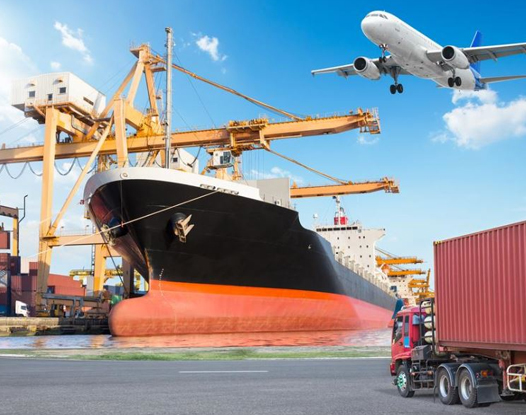
Navigating the Seas: The Role of Cargo Expeditions in Indonesia’s Growing Economy
Indonesia, an archipelago of over 17,000 islands, relies heavily on efficient cargo expeditions to sustain its economy and connect its regions. With its vast expanse of seas and islands, the country’s logistics network plays a pivotal role in ensuring the smooth flow of goods across provinces, cities, and international borders. Cargo expedition services in Indonesia have evolved significantly in recent years, driven by advancements in technology, increasing demand for e-commerce, and growing trade opportunities. These services not only facilitate the movement of goods but also bolster economic development by connecting remote areas with urban centers and global markets. As the backbone of Indonesia’s supply chain, cargo expeditions form an indispensable part of the nation’s infrastructure.
The complexity of Indonesia’s geography presents unique challenges and opportunities for cargo expeditions. The sheer number of islands, coupled with varying terrains and weather conditions, requires a diverse range of transportation modes, including ships, planes, trucks, and railways. Coastal shipping and ferry services are particularly important, as they connect smaller islands to major ports such as Tanjung Priok in Jakarta, Tanjung Perak in Surabaya, and Belawan in Medan. Despite these logistical hurdles, the sector continues to grow and innovate, with companies adopting advanced tracking systems, optimizing routes, and investing in more efficient vessels and vehicles. The ability to adapt to these geographical challenges has been key to the success of cargo expeditions in Indonesia.

One of the most significant drivers of ekspedisi cargo muat is the rise of e-commerce. With more consumers shopping online, there has been an increasing demand for reliable and timely delivery services. Platforms such as Tokopedia, Shopee, and Lazada have fueled this trend, pushing logistics companies to expand their networks and enhance their capabilities. Many cargo expedition providers now offer integrated solutions, including warehousing, last-mile delivery, and real-time tracking, to meet the needs of e-commerce businesses. This symbiotic relationship between e-commerce and logistics underscores the critical role cargo expeditions play in supporting Indonesia’s digital economy. By streamlining operations and improving efficiency, the industry is helping to bridge the gap between consumers and businesses in even the most remote areas.
The role of cargo expeditions extends beyond domestic trade, as Indonesia is a major player in international shipping. Its strategic location along key maritime trade routes makes it an important hub for global logistics. Major exports such as palm oil, coal, rubber, and textiles rely on robust cargo services to reach international markets. Additionally, the government’s initiatives to develop special economic zones and improve port infrastructure have further enhanced Indonesia’s appeal as a global logistics center. Projects like the development of the Patimban Port and the expansion of the New Priok Terminal highlight the country’s commitment to strengthening its role in global trade. These efforts are not only boosting export opportunities but also attracting foreign investment in the logistics sector.
Environmental sustainability is becoming an increasingly important aspect of cargo expeditions in Indonesia. As global concerns about climate change grow, logistics companies are exploring ways to reduce their carbon footprint. Many are adopting greener practices, such as using energy-efficient vehicles, optimizing delivery routes, and exploring alternative fuels. Additionally, the government has introduced regulations aimed at promoting sustainable shipping practices, encouraging companies to innovate and comply with environmental standards. These efforts align with Indonesia’s broader goals of achieving sustainable economic growth while minimizing environmental impact. As the cargo expedition sector continues to evolve, sustainability will likely play a central role in shaping its future.
In conclusion, cargo expeditions are a cornerstone of Indonesia’s economy, connecting its islands, supporting e-commerce, and facilitating international trade. Despite the challenges posed by its complex geography, the sector has demonstrated resilience and adaptability through technological advancements and strategic investments. As e-commerce continues to grow and environmental sustainability takes center stage, cargo expeditions in Indonesia will remain a critical driver of the nation’s economic development. By addressing logistical challenges and embracing innovation, the industry is poised to thrive, ensuring that goods can move efficiently across the archipelago and beyond. For Indonesia, the future of cargo expeditions is not just about transportation—it’s about fostering connections, driving progress, and building a more interconnected world.
You may also like
Archives
Calendar
| M | T | W | T | F | S | S |
|---|---|---|---|---|---|---|
| 1 | 2 | 3 | 4 | 5 | ||
| 6 | 7 | 8 | 9 | 10 | 11 | 12 |
| 13 | 14 | 15 | 16 | 17 | 18 | 19 |
| 20 | 21 | 22 | 23 | 24 | 25 | 26 |
| 27 | 28 | 29 | 30 | 31 | ||
Leave a Reply